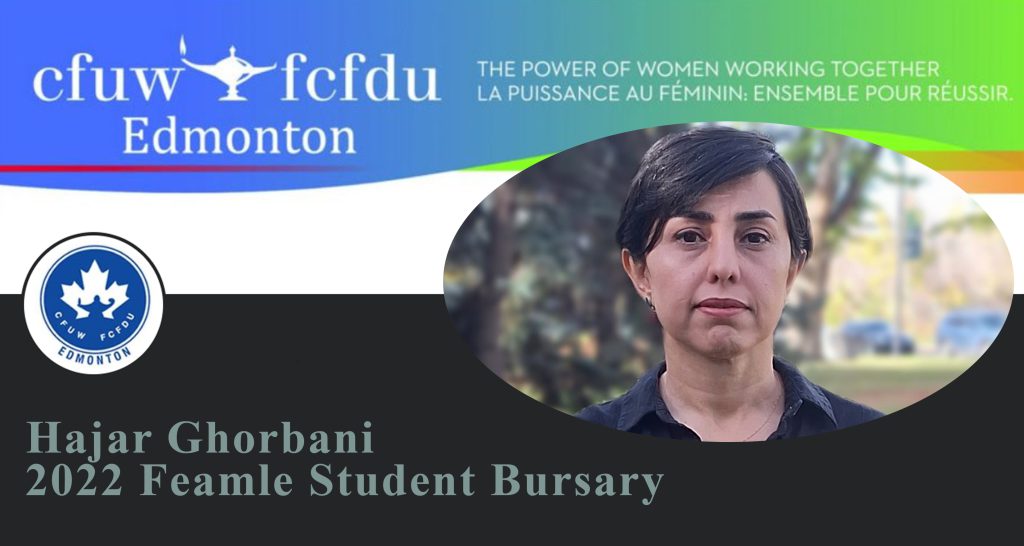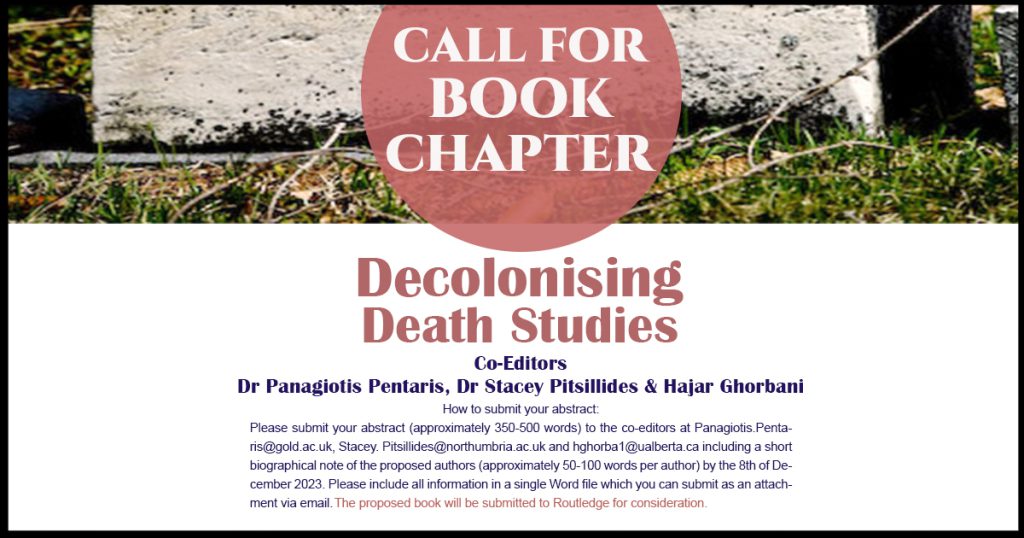
Hajar Ghorbani, a Ph.D. student of Anthropology, is one of the recipient of the CFUW bursary award at the University of Alberta. CFUW Edmonton was founded in 1909 and is a non-partisan, voluntary, self-funded organization. Our membership is a community of women that have long history of successful efforts to improve the status of women at the local, provincial, national, and international levels and a commitment to continue those efforts today and into the future. Members are active in public affairs, work together for equality for women and girls, to raise the social, economic, political and legal status of women, as Read more…
